Lawsuit: Amazon Breaks Law by Recording Children’s Voices with Alexa Devices
A recent lawsuit is alleging that Amazon’s voice-controlled Alexa devices violate laws by recording children’s voices without their parent’s consent.

A recent lawsuit is alleging that Amazon’s voice-controlled Alexa devices violate laws by recording children’s voices without their parent’s consent.

The Wall Street Journal reports that Facebook is worried that internal emails could show that CEO Mark Zuckerberg was aware of the company’s questionable privacy practices.

A recent report from MarketWatch claims that ahead of suspected antitrust investigations into Silicon Valley, tech giants may have to reveal to users how much their data is worth. User Data is the lifeblood of the Masters of the Universe, providing them with billions in profits based on targeted advertising.

A recent report from Business Insider outlines how Apple is attempting to battle Facebook and Google by focusing on user privacy — but this could create problems for many developers.
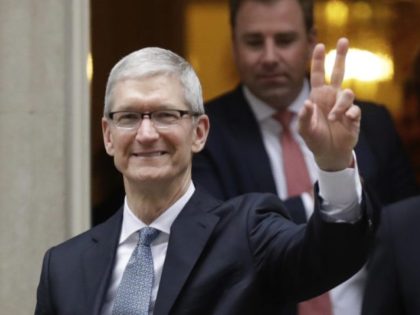
Failed presidential candidate Hillary Clinton is set to act as the keynote speaker at the upcoming Cyber Defense Summit 2019. Cybersecurity powerhouse FireEye claims that Clinton, despite claiming incompetence with technology, will hold an “intimate Q&A keynote discussion.”

The Independent recently published a report which investigates Apple’s top secret testing facilities where iPhone defenses are tested. Apple executives used the interview as an opportunity to push the company’s position on privacy, and fire back at Google’s attacks on Apple’s privacy focus.

E-commerce giant Amazon is reportedly developing a new voice-activated wearable device that can detect human emotions from the sound of your voice.

San Francisco’s Board of Supervisors voted this week to outlaw facial recognition surveillance technology that they say could have been used by the city government to invade on the privacy of its citizens.

A major security flaw in Facebook’s WhatsApp messaging program allowed hackers to remotely install surveillance software on both Apple and Google Android devices has been discovered.

Google has reportedly developed a new way to “disrupt” the $129 billion digital advertising industry while claiming to give users greater control over their online privacy through changes to how tracking cookies work.

Ride-sharing app Uber may have to turn to selling its vast trove of user data to finally turn a profit. Following the rest of the Silicon Valley Masters of the Universe, Uber could reportedly profit from user data, which an insider described as “a wildly successful data collection on who uses it and how they use it and where they go.”

A new report alleges that Facebook has thousands of foreign contract workers to manually read status updates and other content posted to the social media platform raising concerns over user privacy yet again.
According to Politico, Facebook’s new settlement with the FTC may include the formation of an independent privacy oversight organization.

According to a recent study, health apps aimed at helping users quit smoking and beat depression are selling user data to the Masters of the Universe at Facebook and Google.
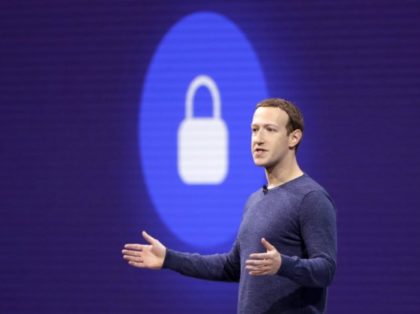
Facebook recently hosted its F8 developer conference where the issue of user privacy continued to be an overarching theme throughout the event. At the same time, the company seeks to learn even more about its users, like who their “secret crush” is.

Apple has reportedly removed a number of apps similar to the iPhone maker’s own Screen Time app, citing children’s privacy as the reason for doing so.

As many as 50 malicious apps were discovered to have bypassed Google’s security checks and were available for download on the Google Play store, leading to many millions of installs on Android devices.
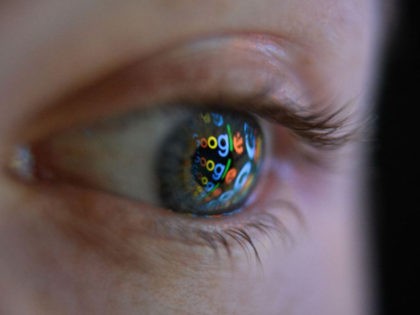
Facebook warned investors that an FTC investigation of its privacy practices would likely cost the company between $3 billion and $5 billion.

Social media giant Facebook recently admitted to storing millions of Instagram users passwords as easily accessible plain text, making them easy to view for employees or others who accessed Facebook’s systems.
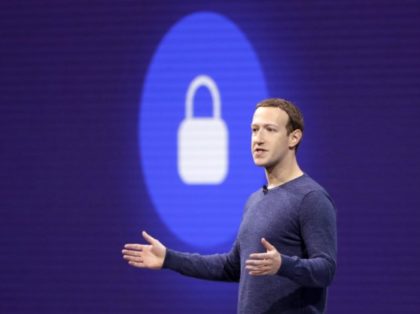
While many users may be careful checking their privacy settings on social media sites, some forget to check the privacy settings of platforms such as YouTube — here are the important steps to protect your YouTube account privacy and make sure strangers aren’t keeping an eye on your video watching habits.
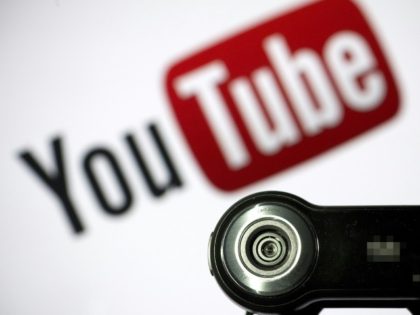
A former student at The College of Saint Rose in Albany, New York, destroyed nearly $60,000 worth of computers with a USB device that instantly kills computers.

Tech giant Microsoft has revealed that the hackers behind the recent Outlook.com security breach could have accessed users’ emails.

Apple has long claimed to be the most privacy-conscious tech firm in Silicon Valley, but with companies like Google handing over data from iPhones to law enforcement, Apple’s privacy promises may prove useless.

A BuzzFeed journalist recently used a Facebook transparency tool to investigate the sort of companies utilizing her data for advertising, finding her personal data was “everywhere” with “no control.” BuzzFeed News reporter Katie Notopoulos recently investigated the sort of personal details that

A report from Bloomberg News claims that Amazon workers are listening to your conversations with your Alexa device.

According to recent industry research, a large number of Google users do not expect the site to track their activities, locations and browsing history on other platforms — all of which Google does on a regular basis.

Tech giant Facebook has caved to pressure from the European Commission and has agreed to revise its terms to better explain how the site utilizes user data to reap massive profits.

The Georgia Institute of Technology announced this week that a data breach compromised personal information from 1.3 million students, faculty, and applicants, including social security numbers.

Facebook is reportedly harvesting its users’ email contacts “without consent,” and asking new users to give their email account passwords to the social network. One security researcher called the practice “indistinguishable to a phishing attack.”
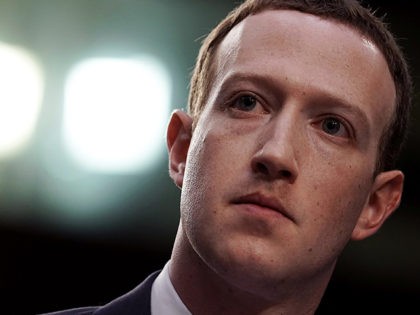
At a recent conference, former Facebook security chief Alex Stamos stated that Facebook CEO Mark Zuckerberg has “more data about what people want to do online than anyone else in the world.”

The Ecuadorian embassy in London reportedly locked journalist Cassandra Fairbanks in a room for over an hour during a visit to see WikiLeaks founder Julian Assange, and was eventually given just under ten minutes to speak with him, despite being booked for a two-hour meeting. Fairbanks reportedly overheard a conversation between Assange and an ambassador during which Assange accused the embassy of illegally surveilling him.

Taiwanese computer hardware company ASUS has confirmed reports claiming that the company was used by hackers to install backdoors on customers’ computers.

Details have been revealed about Mastercard’s controversial “digital identity” system, which will “bind” your identity to a smartphone or other device, and which has been compared to China’s social credit system and the bleak futurism of Netflix series Black Mirror.
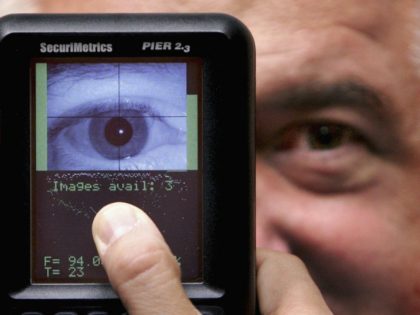
Facial recognition systems could result in identified shoplifters being banned from almost every store, according to a report.
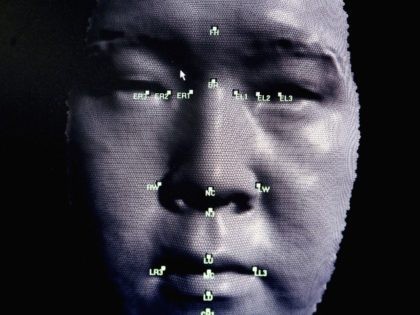
According to a recent report, Facebook recently confirmed that it mistakenly stored “hundreds of millions” of users passwords in plaintext without any form of encryption, leaving them vulnerable to hackers, and visible to 20,000 company employees.

House Democrats introduced the Equality Act last week, a measure that would ensure gender ideology — i.e., transgender bathrooms, forced preferred pronoun use, and biological men playing women’s sports, etc. — is cemented into federal law.

Residents of Hells Kitchen in New York City are suing landlords over the introduction of a new security system which requires a smartphone app to enter their apartment building.

In a Scientific American article, titled “The Internet Knows You Better Than Your Spouse Does,” author Frank Luerweg revealed that an online test, which tracks users’ digital footprints to provide a detailed personality analysis, knew many of those tested better than their spouses.
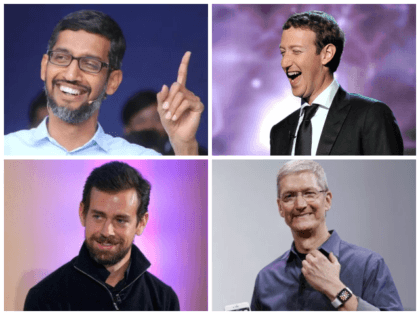
Software giant Oracle has accused Google of spying on millions of people and developing profiles containing “intimate lifestyle details” of Google users.

Ukrainian hackers reportedly used online quizzes to gain access to private Facebook user data and “inject unauthorized advertisements.”
